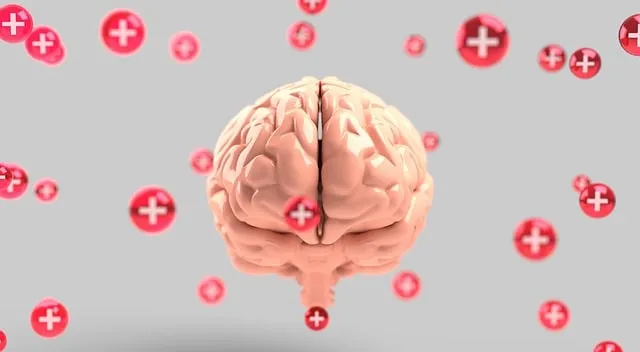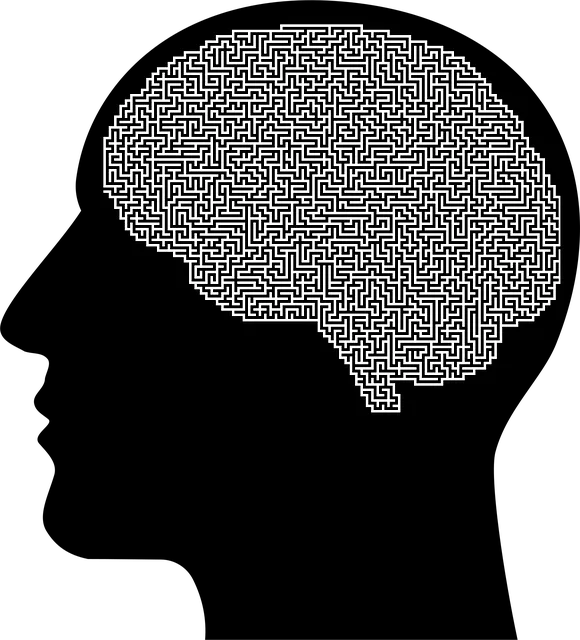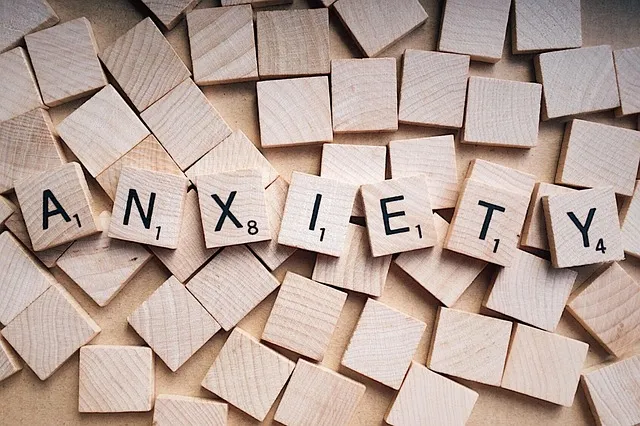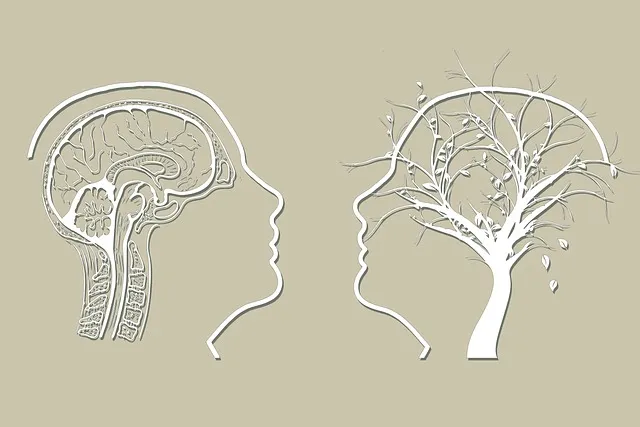Cultural competency in healthcare, crucial for quality care, involves understanding diverse cultural backgrounds and values, especially among marginalized communities, like those served by Kaiser Permanente in Boulder. Specialized training equips providers with empathy-building strategies through active listening, clear language, and non-verbal cue comprehension. Role-playing scenarios enhance skills in emotional well-being promotion and depression prevention. Programs at the Kaiser Permanente Mental Health Department in Boulder address unique mental health concerns of diverse communities through public awareness campaigns and self-awareness exercises. This fosters a safe environment for patients to discuss struggles and receive compassionate, culturally responsive care tailored to their backgrounds, with contact via the Kaiser Permanente mental health department phone number in Boulder.
“Cultural competency in healthcare is vital, ensuring providers offer personalized, empathetic care. This article explores strategies to enhance cultural understanding within medical practices, with a focus on improving patient experiences, especially in diverse communities. We delve into effective communication techniques, sensitive approaches for addressing mental health concerns, and real-world examples from progressive healthcare organizations like Kaiser Permanente. Contacting the Kaiser Permanente Mental Health Department in Boulder reveals their commitment to inclusive care. Learn how these strategies can transform healthcare delivery.”
- Understanding Cultural Competency in Healthcare
- Training Strategies for Effective Communication
- Addressing Mental Health Concerns Sensitively
Understanding Cultural Competency in Healthcare

Cultural competency in healthcare is an essential aspect that goes beyond treating symptoms. It involves understanding and respecting the diverse cultural backgrounds, beliefs, and values of patients, especially those from underrepresented or marginalized communities. This approach ensures that everyone receives quality care tailored to their unique needs. For instance, consider the experience of individuals seeking mental health services through organizations like Kaiser Permanente in Boulder. A patient’s cultural identity significantly impacts how they perceive and express distress, which can influence treatment preferences and outcomes.
Healthcare Provider Cultural Competency Training equips professionals with the skills to navigate these complexities. By fostering empathy building strategies and resilience, healthcare workers become more adept at communicating effectively and providing culturally sensitive care. This training is crucial for bridging the gap in health disparities, ensuring every patient feels heard and understood throughout their journey, from initial contact to recovery and beyond.
Training Strategies for Effective Communication

Effective communication is a cornerstone of cultural competency training for healthcare providers. Training should focus on active listening, clear and concise language, and understanding non-verbal cues to bridge cultural gaps and build trust with patients from diverse backgrounds. Techniques like role-playing scenarios where participants practice communicating sensitive information in various cultural contexts can be highly beneficial. This hands-on approach allows professionals, especially those within the Kaiser Permanente mental health department in Boulder, to hone their skills in navigating complex conversations around emotional well-being promotion and depression prevention.
Integrating Emotional Well-being Promotion Techniques into training curricula is essential. By recognizing and addressing cultural barriers to care, healthcare providers can improve patient outcomes and satisfaction. Mental Health Awareness programs should go beyond basic knowledge and include strategies for empathetic communication, ensuring every patient feels heard and respected regardless of their cultural or linguistic background. This inclusive approach not only improves access to mental health services but also fosters a sense of community within the healthcare setting.
Addressing Mental Health Concerns Sensitively

Addressing mental health concerns sensitively is a crucial aspect of healthcare provider cultural competency training. Organizations like Kaiser Permanente’s Mental Health Department in Boulder prioritize this by offering specialized programs tailored to diverse communities. Through initiatives such as public awareness campaigns development and self-awareness exercises, healthcare professionals enhance their understanding of unique cultural perspectives on mental health, fostering an environment where patients feel safe to discuss their struggles openly.
This sensitivity training equips providers with the tools to navigate complex issues like trauma, cultural taboos surrounding mental illness, and varying coping mechanisms effectively. By integrating resilience building strategies into their practice, healthcare staff can better support individuals from all backgrounds, ensuring that everyone receives compassionate and culturally responsive care tailored to their specific needs.
Cultural competency training is a vital step towards enhancing healthcare services, especially in diverse communities. By implementing effective communication strategies and sensitively addressing mental health issues, healthcare providers can significantly improve patient outcomes. For those seeking guidance, the Kaiser Permanente Mental Health Department in Boulder offers valuable resources and support, emphasizing the importance of cultural sensitivity in modern healthcare practices.






